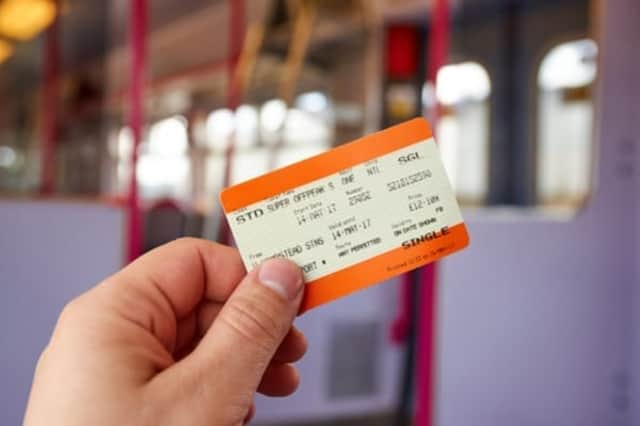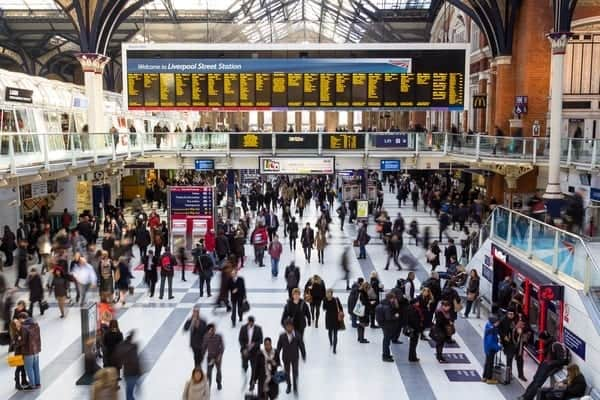Train passengers losing out on compensation due to complicated claims process


Delayed train journeys are frustrating enough, but passengers are losing out further due to the complicated process of submitting a compensation claim.
Passengers seeking money back for a delayed journey are faced with submitting more than 20 pieces of information for a claim, prompting calls for a more simplified system.
Complex claims forms


Advertisement
Hide AdAdvertisement
Hide AdSome rail companies were found to ask for between 10 and 24 separate details for a compensation claim, according to consumer group Which?.
Greater Anglia, London Northwestern, ScotRail, Transport for Wales, and West Midlands Trains were among the worst offenders, although rail bosses said the requirements help to guard against fraudulent claims.
Chiltern Railways and Heathrow Express were found to ask for the fewest details, requiring 10 pieces of information.
A number of rail companies also offer automatic compensation to customers with certain tickets, Which? found.
Advertisement
Hide AdAdvertisement
Hide AdThe amount of compensation that can be claimed by passengers in the event of travel disruption varies between train companies (Photo: Shutterstock)
'Fragmented and confusing'
Recent research from independent transport watchdog Transport Focus found that just 35 per cent of passengers who are eligible for compensation actually submit a claim - perhaps a result of the complicated system.
The amount of compensation that can be claimed by passengers in the event of travel disruption varies between train companies, and is dependent on the length of the delay and the type of rail ticket.
Having previously filed a super-complaint about delays to compensation, Which? argued that the system was "fragmented and confusing".
Advertisement
Hide AdAdvertisement
Hide AdWhich? found that some of the most complex claims forms requested as many as 13 different pieces of information about the ticket.
However, the consumer group argued that most of the required information is clearly displayed on the paper rail ticket.
All but one rail company required a photo of the ticket to be uploaded as proof of purchase.
Lengthy detail
From the ticket, passengers were required to submit the following details:
Advertisement
Hide AdAdvertisement
Hide AdClass of seatPeak or non-peak timeSingle, return, or monthlyDate the ticket is validTicket number and adjacent reference numberWhere the ticket is from and toEnd datePrice
Some companies also asked for details of whether it was a paper ticket, if there were any connections, proof of purchase, and how the ticket was paid for.
Greater Anglia argued that by registering online, their system remembered passengers' details and as such there was no need for them to resubmit information into a form on subsequent occasions.
Jacqueline Starr, chief operating officer from the Rail Delivery Group, which represents the rail industry, told the BBC the details are to ensure passengers "receive what they are entitled to as quickly as possible, while also guarding against fraudulent claims."
Advertisement
Hide AdAdvertisement
Hide Ad"We are doing more to encourage claims, including sending reminders to people who booked online, making announcements on trains and handing out claim forms, which has led to an 80 per cent increase in compensation over the last two years to £81m a year," she said.
The government said it wanted to see a "one click" system of online financial redress for passengers by the end of current franchises, some of which are completed in 2025.
This article originally appeared on our sister site yorkshirepost.co.uk.